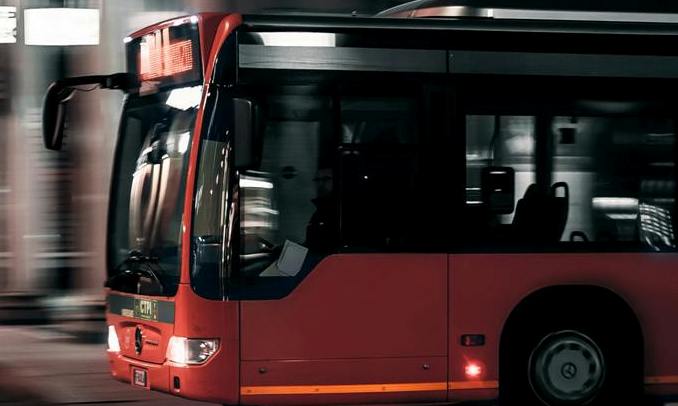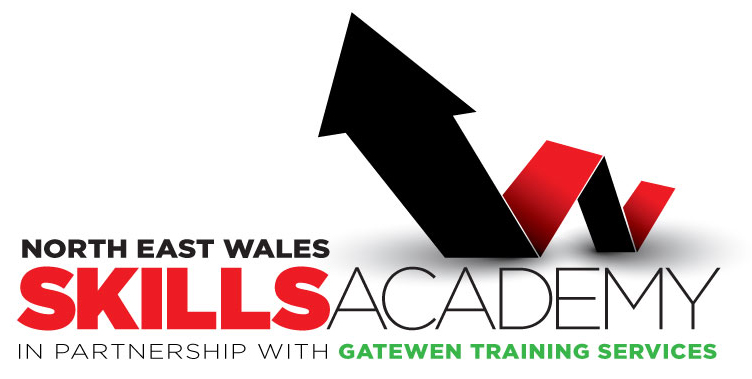PCV TRAINING
Whether you dream of navigating scenic routes on a long-distance coach, serving your local community on a city bus, or offering personalised transport with a minibus, our comprehensive PCV bus driver training will equip you with the skills you need to succeed.
Your Key to Bus Driving Opportunities
Do you dream of a career that takes you places (literally)? Consider becoming a bus or coach driver! But before you hit the road, you’ll need a Passenger Carrying Vehicle (PCV) licence. This type of licence licence qualifies you to drive buses, minibuses, and coaches professionally in the UK. It ensures you possess the knowledge and skills to navigate these larger vehicles safely and handle passenger responsibilities.
Our training goes beyond mastering the handling of a larger vehicle. You’ll learn the essential passenger care skills to ensure a safe and comfortable experience for everyone on board. A Passenger Carrying Vehicle (PCV) licence is mandatory to operate buses and coaches professionally in the UK. This qualification empowers you to drive a variety of passenger vehicles, from minibuses to double-decker giants, with competence and confidence.
Tailored Training to Get You Licensed Fast
We believe in providing a supportive and personalised learning environment. Our one-to-one PCV bus driver training is designed to cater to your individual learning style and pace. This focused approach ensures you receive the precise guidance you need to excel in your training and obtain your PCV licence efficiently.


Why Do You Need a PCV Licence?
By law, anyone operating a bus or coach carrying passengers requires a PCV licence. It demonstrates your competency in:
- Vehicle handling: Mastering the control and manoeuvring of larger passenger vehicles.
- Passenger safety: Learning emergency procedures, passenger care techniques, and ensuring a comfortable travel experience.
- Highway Code: Understanding the specific regulations and road rules applicable to buses and coaches.
The Need for Bus and Coach Drivers in the UK
The UK’s bus and coach industry is thriving! There’s a constant demand for qualified drivers due to factors like:
- An aging driver population: Many experienced drivers are approaching retirement, creating openings for new talent.
- Growing passenger numbers: Increased public transport usage means more vehicles and drivers are needed.
- Investment in infrastructure: Government initiatives to improve bus services are driving job creation.
Rewards of a Bus Driver Career
Beyond the satisfaction of safely transporting people, bus driving offers a range of benefits:
- Job security: The high demand translates to a stable career path.
- Competitive salaries and benefits: Many operators offer attractive compensation packages.
- Varied routes and schedules: Choose a schedule that suits your lifestyle, from inner-city routes to scenic country journeys.
- Contribute to your community: Play a vital role in keeping people connected and mobile.
Ready to Get Started? Explore Cat D Training
The most common PCV licence for buses and coaches is the Category D. This training equips you with the skills required to operate:
- Double-decker and single-decker buses
- Large coaches
- Vehicles with over 16 passenger seats
Cat D training involves classroom lessons, practical driving instruction, and mandatory theory and practical tests.
Take the First Step Towards Your Bus Driving Journey!
A PCV licence unlocks a rewarding career in the thriving bus and coach industry. If you’re ready to explore this exciting path, contact a reputable training provider for your Cat D training today!
need more information, advice or guidance?
IAG is the process of providing you, our learners, with INFORMATION (facts and knowledge relating to learning and careers), ADVICE (recommendations based on our experience) and GUIDANCE (detailed 1-1 support from qualified IAG advisor) . This process allows you to make informed career decisions. In doing so you can:
Review your existing skills
Plan your career
Identify your skills gaps
Set new goals
Increase your levels of motivation
Raise your aspirations
Build your confidence and self-belief
